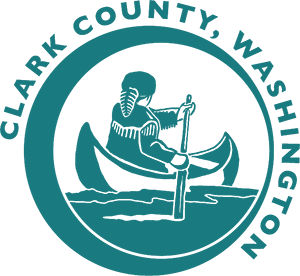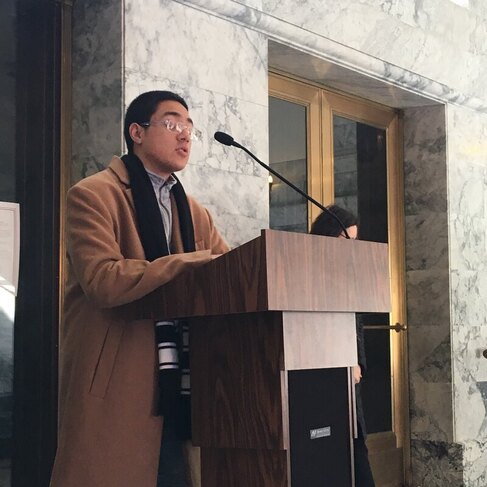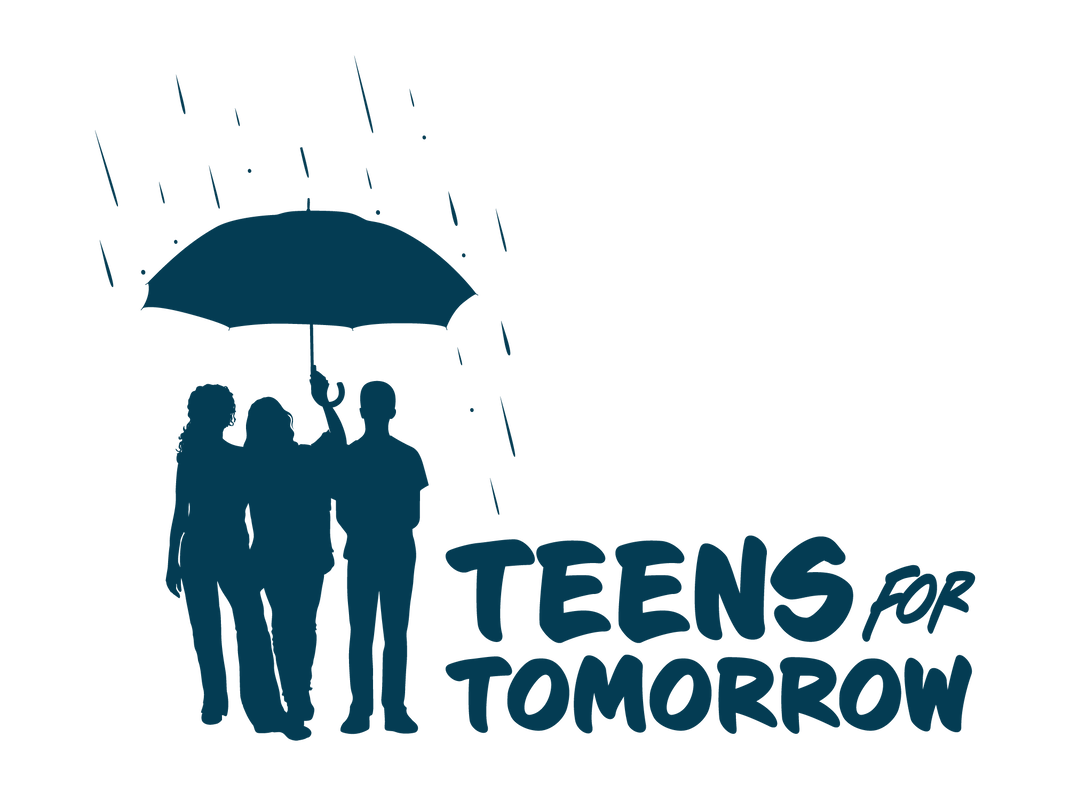Learning to Want Change and to A.S.A.P.: Always Strive and Prosper - A 17 year old’s Memoir6/1/2020
Having grown up with a severe hearing impairment was tough, but it wasn’t just tough on me. I would turn up the volume on the T.V. and my parents would get frustrated whenever I didn’t “listen to them.” I learned some sign language, but that was hard for my parents, who were immigrants still learning English.
Unable to hear very well, I also didn’t communicate very well, particularly my feelings. Family members and friends called me “el enojón,” meaning the grumpy or grouchy one. But really I didn’t know how to tell anyone I was scared, or lonely, or angry or worried, or happy. It wasn’t for another 10 years before I began to address this. I had this friendship that had become toxic and it led to one night when I was crying when my sister asked me, “If you are so upset, why don’t you do something about it?” Her comment caught me off guard at first, but it got me thinking. I started to consider how immature and selfish I’d been and how I really hadn’t worked on my communication, including how to express my feelings, show empathy and make better connections with others. I started to stop blaming others and work on solving my own problems. So I joined STASHA. I was hesitant at first to open up, but it was here where I learned that I mattered. I enjoyed helping with the events, but it was when I met one-on-one with other volunteers and listened to my new friends’ stories about their lives that I saw I had lots in common with them. I could relate to the pressure they felt from parents, the difficulty of talking about their feelings, and not having somebody to talk to. They showed me not only what was wrong in their lives, but also in my own. I learned at STASHA not only about drugs in general, but how to take care of myself, others, and learned to empathize with those who do abuse drugs because they’re not the problem--they are a symptom of the problem. I learned how important prevention was in general. I’ve seen drugs often affect my community, and I want to put in the effort to minimize the impacts as much as I can. Now, back to the present, that toxic friendship did end. However, a year later, we made up. We both acknowledged we became toxic and made up for the better. I still love and care for them very much but I do remember that they personally dealt with a lot in their life. They had dealt with the loss of their father, their difficult relationship with their mother, their overall happiness, and more. I learned that sadly they are coping with smoking, and I don’t even think they know it. I still love, care, and support them in every way I can, but I won’t support that. However, I know they really aren't the enemy at hand--if anything, they are just a survivor of their environment. It’s time to acknowledge the need to make change, not just in our personal lives but on a larger scale. We are people who care enough about something to change it for the better. I believe that we need leaders that are everyday people. Great leaders are people easy to approach and willing to answer any questions. I believe we can do anything if we acknowledge our wrongs and actively seek to right our wrongs through our actions. The power to lead doesn't come from the leader themselves solely, but the power of the people backing them up. The best advice I can offer to youth is this: Your voice matters. I swear to you, making your voices heard to our elected leaders can spark that change we need to see.
0 Comments
Your comment will be posted after it is approved.
Leave a Reply. |
Our missionWe work to learn about substance use prevention among ourselves and other youth by:
|
Our visionThe youth in Clark County are empowered to:
|


